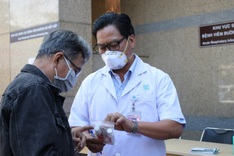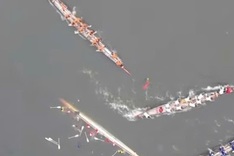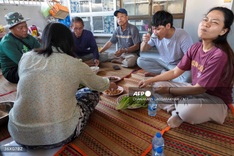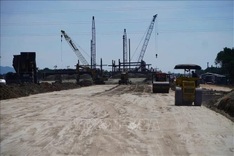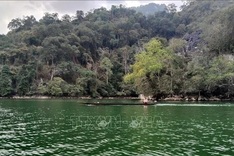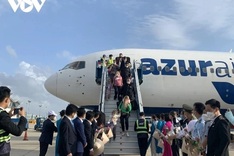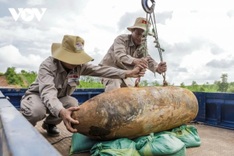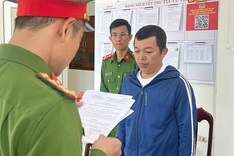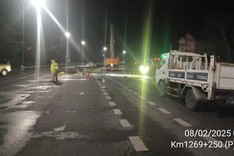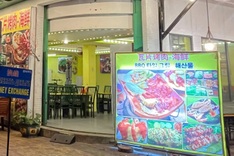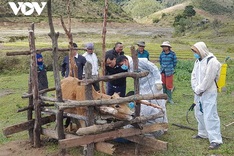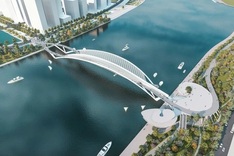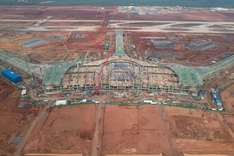
Gầm Ghì island, Phú Quốc. — Photo from the Việt Nam National Adminstration of Tourism
According to Huỳnh, it is estimated that 220,000 doses would be needed to fully inoculate the entire population of Phú Quốc. The budget reserved for the doses would be VNĐ29.3 billion (approx. US$1.27 million) if the AstraZeneca COVID-19 vaccine were to be used, or VNĐ40.3 billion (approx. $1.749 million) if the Pfizer/BioNTech COVID-19 vaccine were to be used.
The vaccination plan will be immediately carried out once the vaccines are delivered, he said.
Fully-vaccinated Russian tourists, which made up a large part of the visitors to Phú Quốc pre-pandemic, would be the first to be welcomed to the island in a "closed tourism model", where they would stay at a resort and movements are restricted. The model will be reviewed and tourists from other countries with high coverage of COVID-19 vaccine could then be allowed in as well.
The reopening to foreign tourism however necessitates enhancing medical capacity for the city when healthcare infrastructure here remains limited, in order to ensure safety and health for residents and tourists.
Deputy health minister Đỗ Xuân Tuyên proposed setting up two centres for treating seriously-ill COVID-19 patients in Kiên Giang – one at the provincial General Hospital and one on Phú Quốc island.
Tuyên wants all involved agencies to work with the local authorities to build a plan on vaccine passports to submit to Prime Minister Phạm Minh Chính for review before July 15.
Previously, the Government Office sent a document to the Ministry of Health and the Ministry of Culture, Sports and Tourism, ordering "rapid" study and piloting of a ‘vaccine passport’ mechanism for foreign arrivals to some popular tourism destinations where COVID-19 outbreaks could be contained such as Phú Quốc island.
The health ministry is asked to build plan on inoculating the residents – including children – to reach herd immunity within a detailed roadmap, before the vaccine passport can be implemented.
Tourism is the mainstay of Phú Quốc's economy. In 2020, tourists to the island dropped 30.6 per cent compared to 2019, with international tourists plunging even further - 76.1 per cent - due to border closures.

